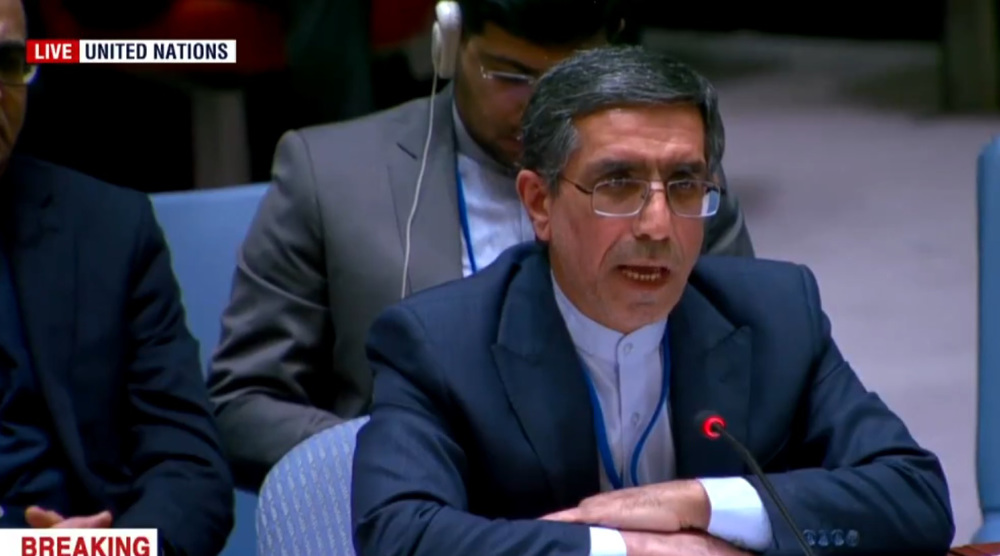Smog continues to smother northern China for 5th day
Heavy smog continues to build up across large parts of northern China for the fifth consecutive day. Schools have been closed, flights delayed or canceled, and thousands of vehicles ordered off the streets.
The capital Beijing and nearly two dozen other cities have experienced heavy air pollution over the past few days.
China has issued a five-day warning to control pollution levels in over 40 cities in the northeast where the situation is expected to worsen.The warning officially began on Friday and will remain in place until Wednesday.
According to the Ministry of Environmental Protection, a gray haze has blanketed over 10.1 million square kilometers.
Authorities have implemented a set of strict measures. Construction sites and industries are being inspected to make sure they have enforced the red alert measures. Around 1,200 factories near Beijing have already been ordered to either shut or cut production.
To further ensure that the pollution is curbed, residents have been asked to stay indoors and avoid picnics and barbecuing. Nearly 400 people have been penalized for igniting outdoor fires.
A number of children and elderly have been taken to clinics or hospitalized for breathing problems.

In addition, public transportation has been either delayed or halted in various cities. 217 flights have been canceled at the Beijing Capital International Airport. Trains have also been running more slowly than their usual schedule. More buses have been put into service for daily commuting.
In 2013, Beijing adopted an emergency response program to curb air pollution. When severe smog hits, a red alert is issued for 72 hours.
China's skyrocketing pollution levels are partly blamed on the country's excessive reliance on coal for energy and industrial production. Measures are underway to improve air quality by switching to natural gas.
In September, China decided to formally ratify the Paris Agreement to combat climate change. The country remains the largest producer and consumer of coal in the world.
EU mulls over $100bn in US retaliatory tariffs over Greenland
VIDEO | Trump's presence sparks major protests at Davos Forum
President Pezeshkian vows historical Iran-Iraq relations will remain stable
Iran’s iron and steel exports up 27% y/y in Apr-Dec
Sudan is scene of 'horror and hell': UN rights chief
Scottish leader vows another independence vote if his party wins in May
Israeli forces, settlers burn homes, shut schools in attacks across West Bank
Intelligence Ministry: 300 ringleaders of foreign-backed riots arrested across Iran










 This makes it easy to access the Press TV website
This makes it easy to access the Press TV website